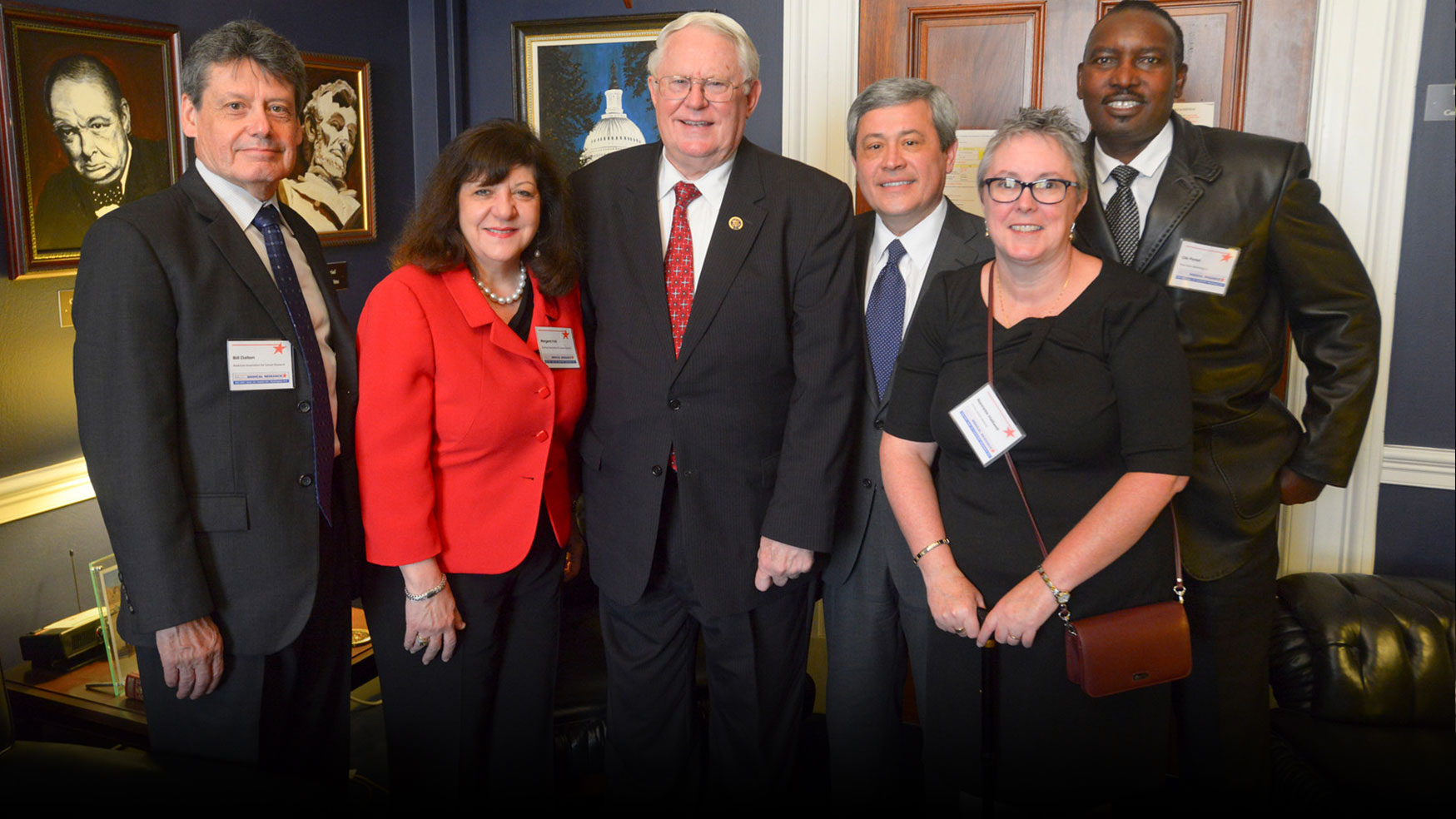
Science Policy and Government Affairs —
Connecting Researchers and Advocates with Legislators
From research funding to the regulation of new treatments, the success of the cancer research enterprise is closely tied to decisions made by government agencies. Through its Office of Science Policy and Government Affairs, the AACR connects researchers, clinicians, survivors, and advocates with lawmakers and regulators, maintaining a dialogue between stakeholders and ensuring that public interest is aligned with patient interest.
Rally for Medical Research Hill Day
As the founding organizer of the original Rally for Medical Research — held on the streets of Washington during the 2013 Annual Meeting — the AACR forged a coalition of more than 200 organizations and institutions to call for increased federal investment in biomedical research. On September 17, that coalition moved from the streets to Capitol Hill, as more than 300 organizations came together for the Rally for Medical Research Hill Day. The AACR and its partners held more than 200 meetings with members of Congress to advocate for robust, sustained, and predictable increases in funding for the National Institutes of Health (NIH) in 2016 and beyond. This collaborative effort was rewarded in December, when Congress approved an omnibus spending bill that contained a $2 billion increase for the NIH — the first meaningful budgetary increase for the agency in more than a decade.
Congressional Briefings
Education is a critical component of advocacy. The AACR brings leading scientists and clinicians to Capitol Hill to provide members of Congress with the scientific background they need to make informed decisions.
Public Workshops
Because of its strong relationships with academia, industry, and government, the AACR is uniquely positioned to bring the cancer community together to overcome obstacles to improved patient care.
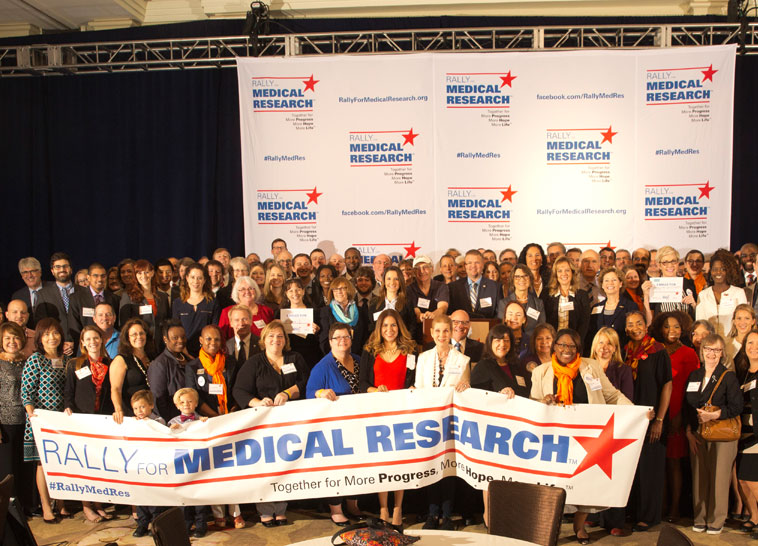
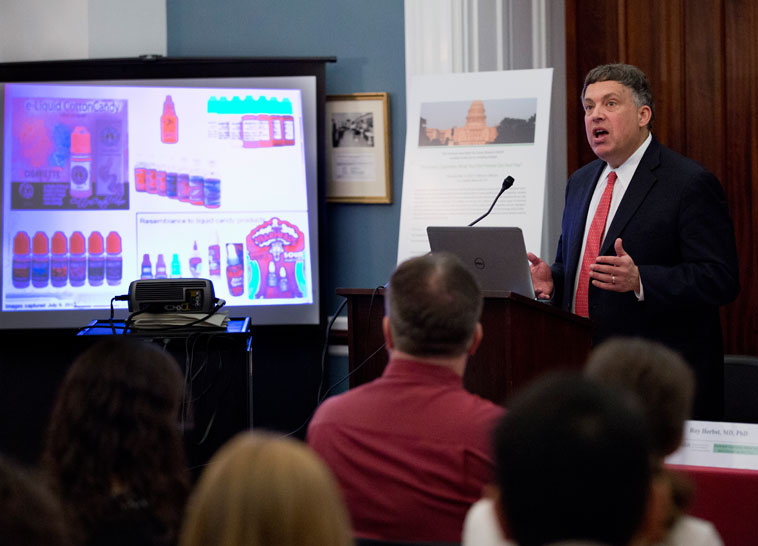
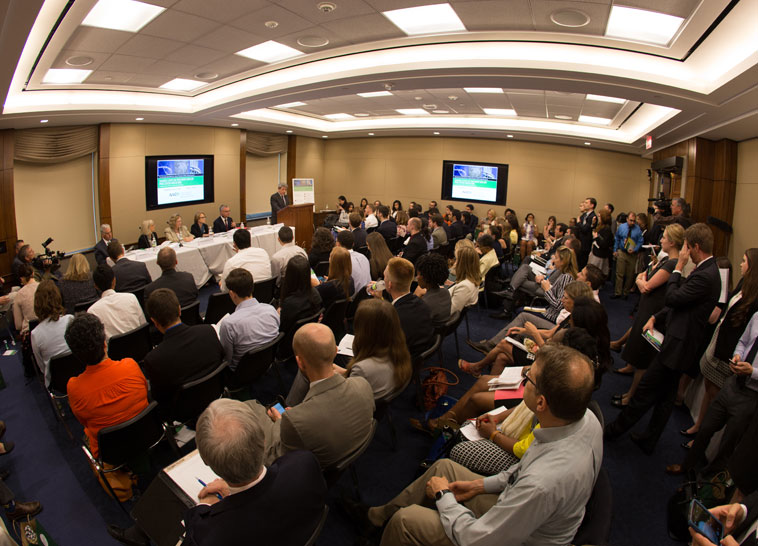
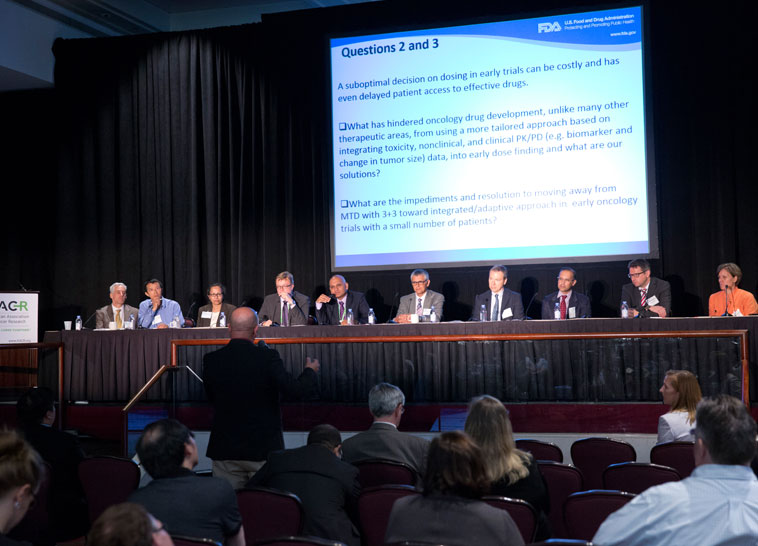
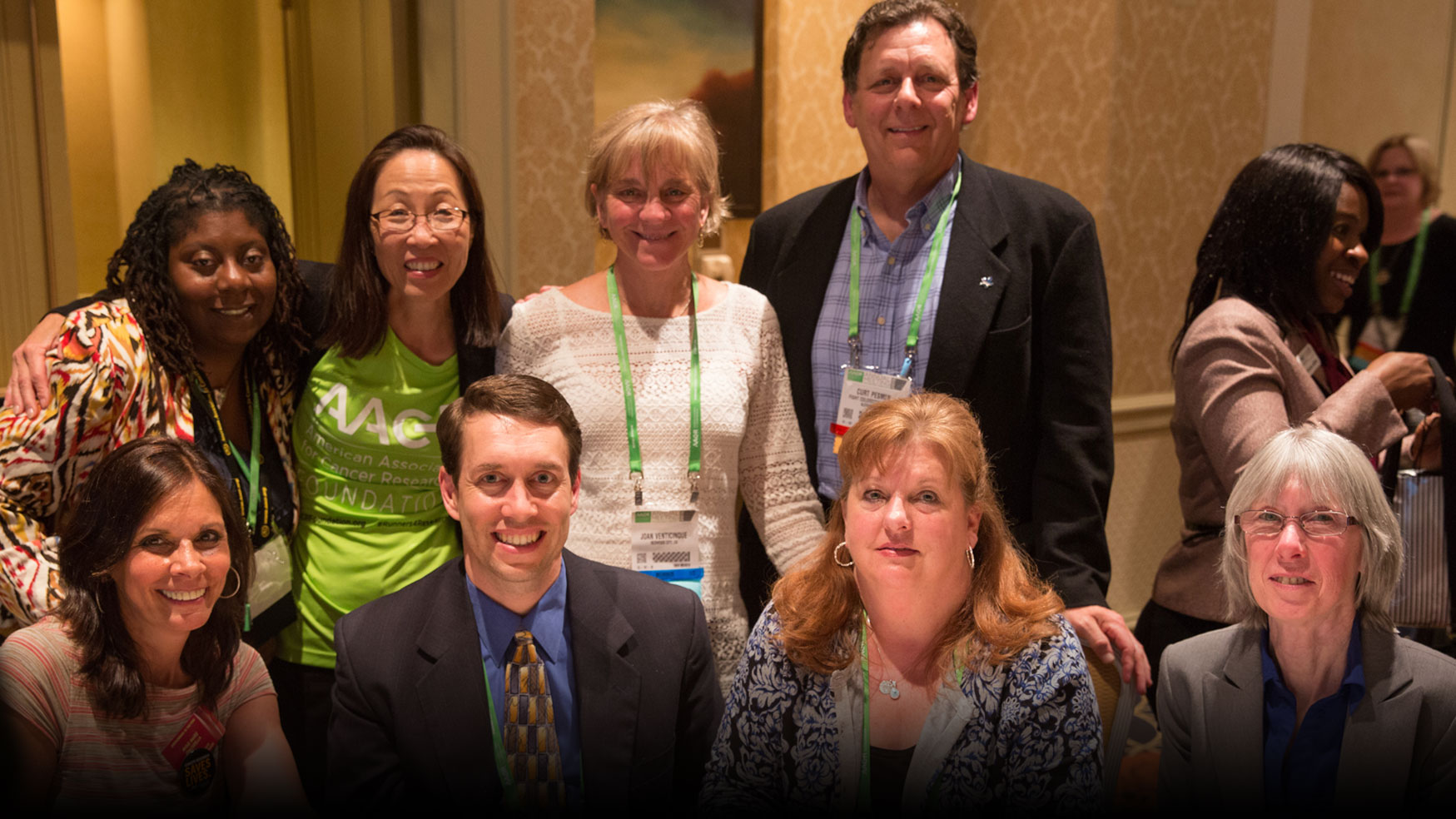
Survivor and Patient Advocacy —
EMPOWERING AND INSPIRING PATIENTS AND ADVOCATES
Patients are at the heart of the AACR's mission to prevent and cure cancer and they are also vital partners in achieving that mission. Through the Survivor and Patient Advocacy Program, the AACR empowers patients, caregivers, and patient advocates to take action on several fronts: funding to sustain scientific inquiry, participation in clinical trials to accelerate discovery, and finding resources for the challenging journey through diagnosis to treatment to survivorship.
Scientist↔Survivor Program
Participants partner with scientist mentors and attend scientific sessions at AACR meetings, forging a dialogue that increases understanding in both directions. Mentors provide survivors and advocates with the scientific context for the discoveries presented, while the survivors offer the scientists a critical patient perspective that informs their future investigations.
In April, a total of 34 survivors participated in the program during the AACR Annual Meeting 2015 in Philadelphia — including six advocates from outside the United States, the largest number of international advocates in the program's history. Another 14 survivors interacted with scientist mentors during the AACR Conference on the Science of Cancer Health Disparities in November.
Cancer Today Magazine
The AACR's magazine guides patients, survivors, and caregivers through every step of their cancer journey and empowers patients to become active partners in their own treatment. With trusted reporting on the latest advances in cancer research and useful advice for living life as a patient or survivor, Cancer Today provides practical knowledge and inspires real hope.
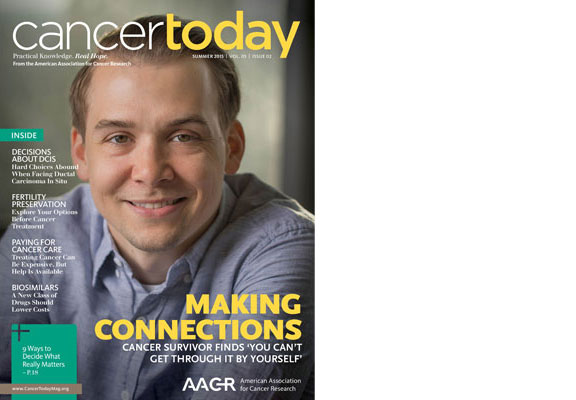
In 2015, the magazine appointed William G. Nelson, MD, PhD, as editor-in-chief. Dr. Nelson is the director of the Johns Hopkins Kimmel Cancer Center in Baltimore and a noted medical oncologist and cancer researcher.
Cancer Today was also honored for its design excellence in 2015; the magazine was a finalist in the Feature Design category of Folio magazine's Ozzie Awards and won a Bronze EXCEL Award for Feature Story Design.
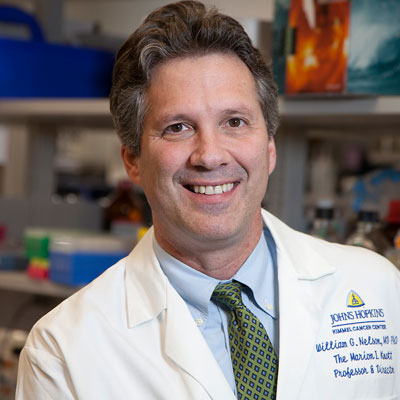
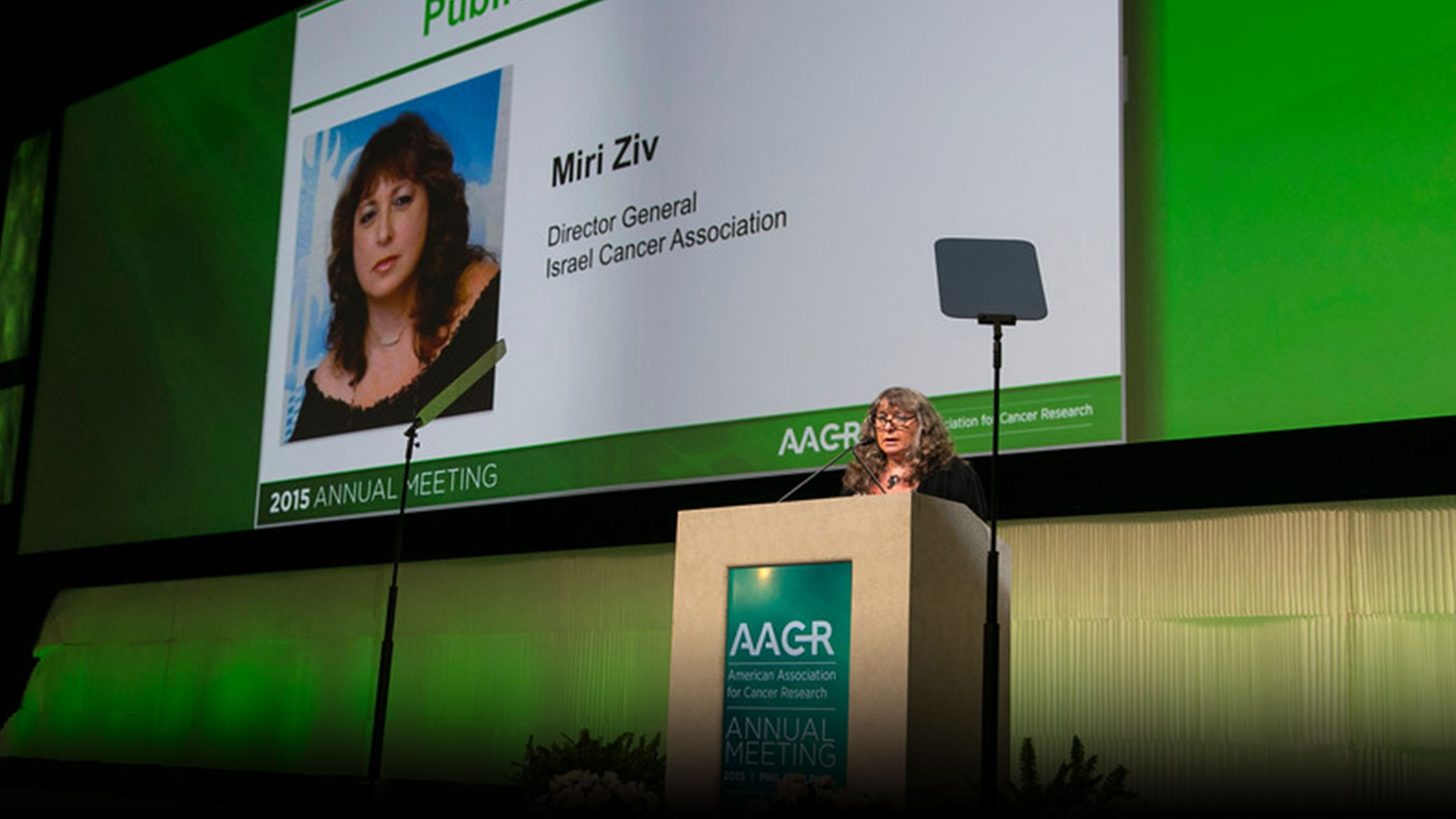
Distinguished Public Service Awards —
HONORING EXTRAORDINARY CONTRIBUTIONS
During the opening ceremony of the Annual Meeting, the AACR honored outstanding men and women who have contributed substantially to the cancer community with Distinguished Public Service Awards. By building relationships in the political arena to ensure funding for cancer research; by engaging the public in understanding cancer research; by creating partnerships to streamline the regulatory process for innovative cancer therapies; and by building relationships in the international community to promote cancer control, these individuals advance the AACR's mission.
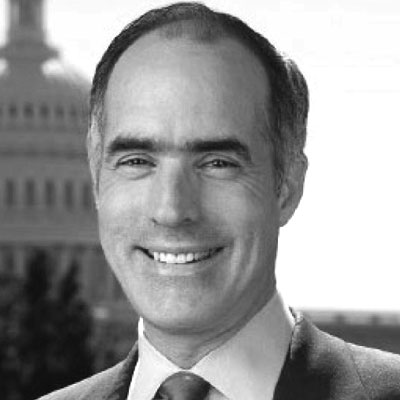
2015 AACR Distinguished Public Service Award
The Honorable Robert P. Casey Jr. (D – PA)
United States Senator
Scranton, Pennsylvania
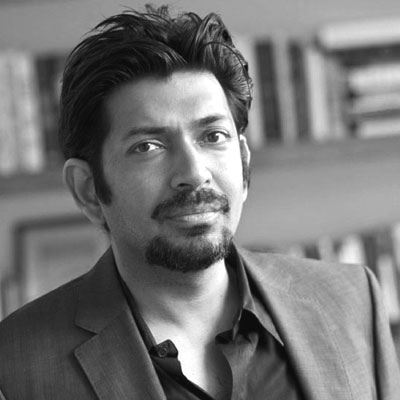
2015 AACR Distinguished Public Service Award
Siddhartha Mukherjee, MD, PhD
Assistant Professor, Department of Medicine, Columbia University
New York, New York
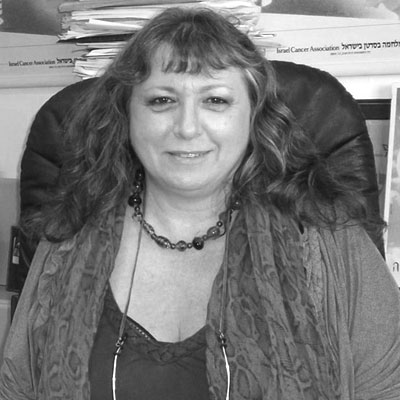
2015 AACR Award for Distinguished Public Service and Global Impact in Cancer Advocacy
Miri Ziv
Director General, Israel Cancer Association
Givatayim, Israel
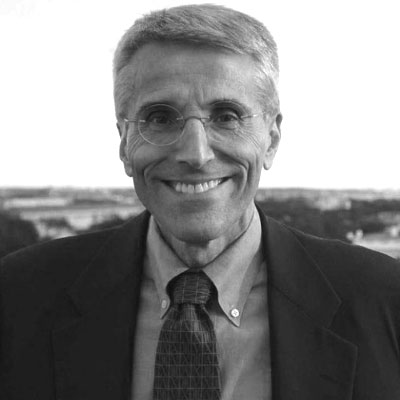
2015 AACR Distinguished Public Service Award
Richard Pazdur, MD
Director of the Office of Hematology and Oncology Products,
U.S. Food and Drug Administration
Silver Spring, Maryland